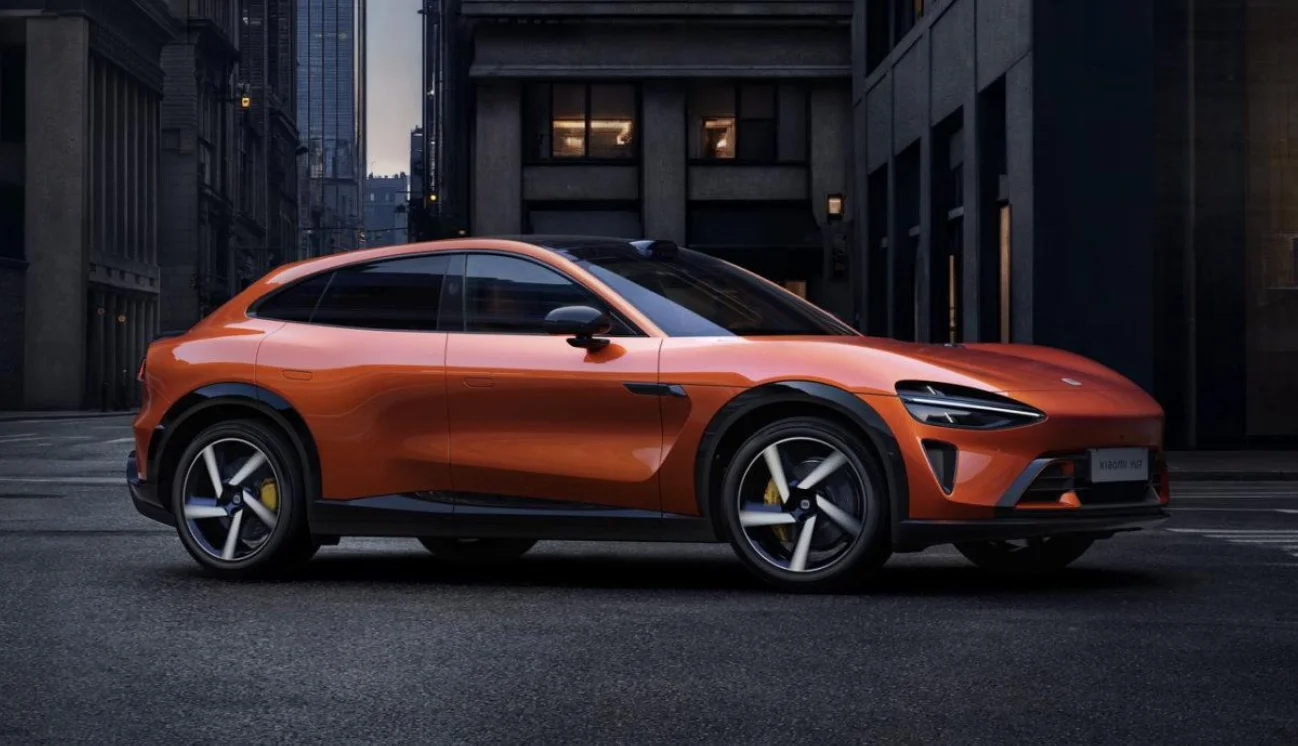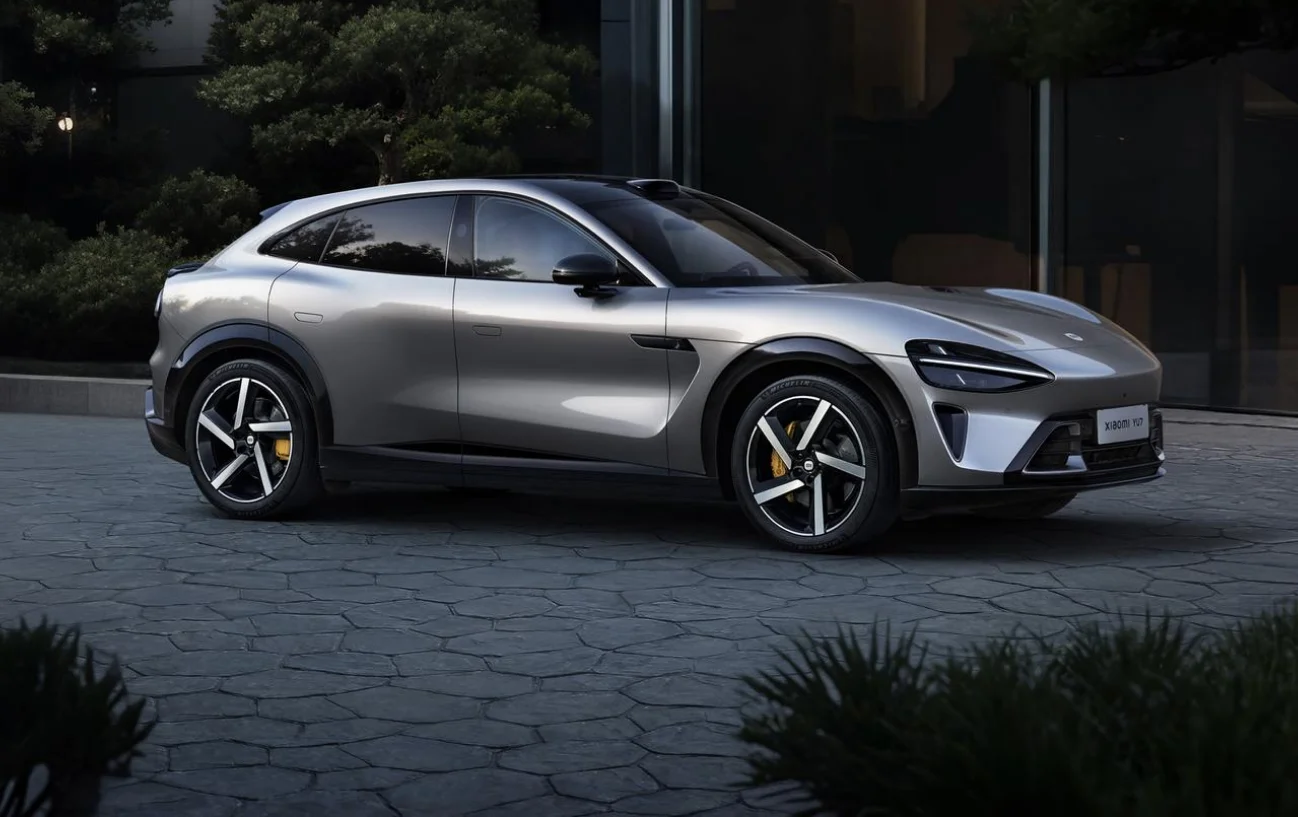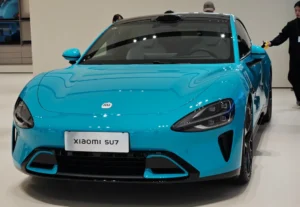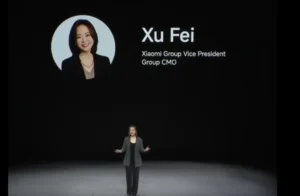Xiaomi YU7: Huge Demand, 14-Month Wait
Xiaomi YU7: Record-Breaking Launch Meets 14-Month Wait Times
Xiaomi’s foray into the electric vehicle (EV) market has been nothing short of explosive. Their new YU7 SUV, launched on June 26th, 2025, has garnered unprecedented demand, leading to wait times stretching up to a staggering 14 months. This incredible success, however, has highlighted some significant logistical challenges for the tech giant. Let’s dive into the whirlwind surrounding Xiaomi’s ambitious new SUV.

A Record-Breaking Launch with Logistical Hurdles
The YU7, Xiaomi’s second EV model following the SU7 sedan, debuted in May 2025, boasting a design reminiscent of high-end models like the Porsche Macan and Ferrari Purosangue. Priced competitively at 253,500 yuan (approximately $35,360 USD), it undercuts the Tesla Model Y by 4% in China. Offering both rear-wheel and all-wheel-drive options, the YU7 packs a punch, with the Max version delivering up to 690 horsepower, a range of up to 835 km (CLTC), and a blistering fast-charging capability reaching 80% in just 12 minutes. Add features like Mini LED screens, Nappa leather seats, and seamless Apple ecosystem integration, and it’s easy to see why the YU7 has captured the Chinese market’s attention.
The initial response was electrifying. Within three minutes of launch, Xiaomi received 200,000 orders, 120,000 of which included non-refundable deposits. However, the limited number of immediately available units resulted in agonizing wait times ranging from 38 to 62 weeks, depending on the configuration. The standard version, the most popular, faces the longest delays (53-62 weeks), while the Max variant boasts a slightly shorter wait of 33-36 weeks.

Buyer Frustration Mounts
The lack of transparency regarding delivery times has fueled over 400 complaints on Sina’s Black Cat platform. Many customers voiced their frustration, highlighting that Xiaomi’s official app only revealed delivery timelines after confirming their orders and paying a non-refundable 5,000 yuan ($697 USD) deposit. Adding insult to injury, buyers are concerned about missing an expiring EV tax exemption at the end of 2025, which could add approximately 10,000 yuan ($1,400 USD) to the final cost.
In response to the outcry, Xiaomi’s charismatic CEO, Lei Jun, announced a live stream on July 2nd, 2025, to address concerns. He also offered a limited window (July 6th-7th) for customers to modify their order configurations. However, the frustration has led some to consider canceling, an opportunity eagerly seized by competitors like Zeekr, Nio, and IM Motors, who are offering deposit refunds to lure disgruntled Xiaomi customers.
Production Challenges and Global Ambitions
The YU7’s success has exposed the limitations of Xiaomi’s current production capacity. The Beijing factory currently produces 28,000 units per month, but the initial 240,000 orders represent over nine months’ worth of production. While Xiaomi plans to double its annual capacity to 300,000 units by the end of 2025 with Phase 2 of its plant, significant delays are unavoidable.
Despite these challenges, Xiaomi is determined to become a formidable competitor to Tesla in the Chinese market. The SU7 already surpassed the Tesla Model 3 in monthly sales since December 2024, and the YU7 aims to challenge the Model Y, the best-selling electric SUV in China. However, CEO Lei Jun has emphasized prioritizing domestic demand before considering global expansion.
A Promising Future with Immediate Obstacles
The YU7 has demonstrated Xiaomi’s potential to disrupt the EV market with its competitive pricing and advanced technology. However, the extended wait times and lack of clear communication have tarnished its launch. As Xiaomi works to scale production and appease frustrated customers, the YU7 remains a symbol of the booming EV market in China, where demand vastly outstrips supply. For buyers, the choice is clear but difficult: wait over a year for an attractive, budget-friendly SUV, or opt for quicker but more expensive alternatives like the Tesla Model Y.
With the first deliveries commencing on July 6th, 2025, led by Lei Jun in a Beijing ceremony, Xiaomi has taken a step forward. But the path to EV market leadership will be paved with logistical challenges and high expectations.






